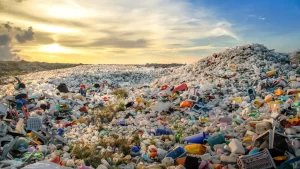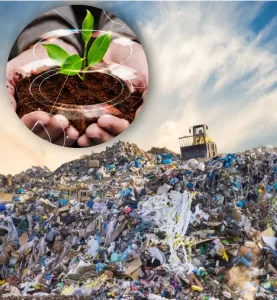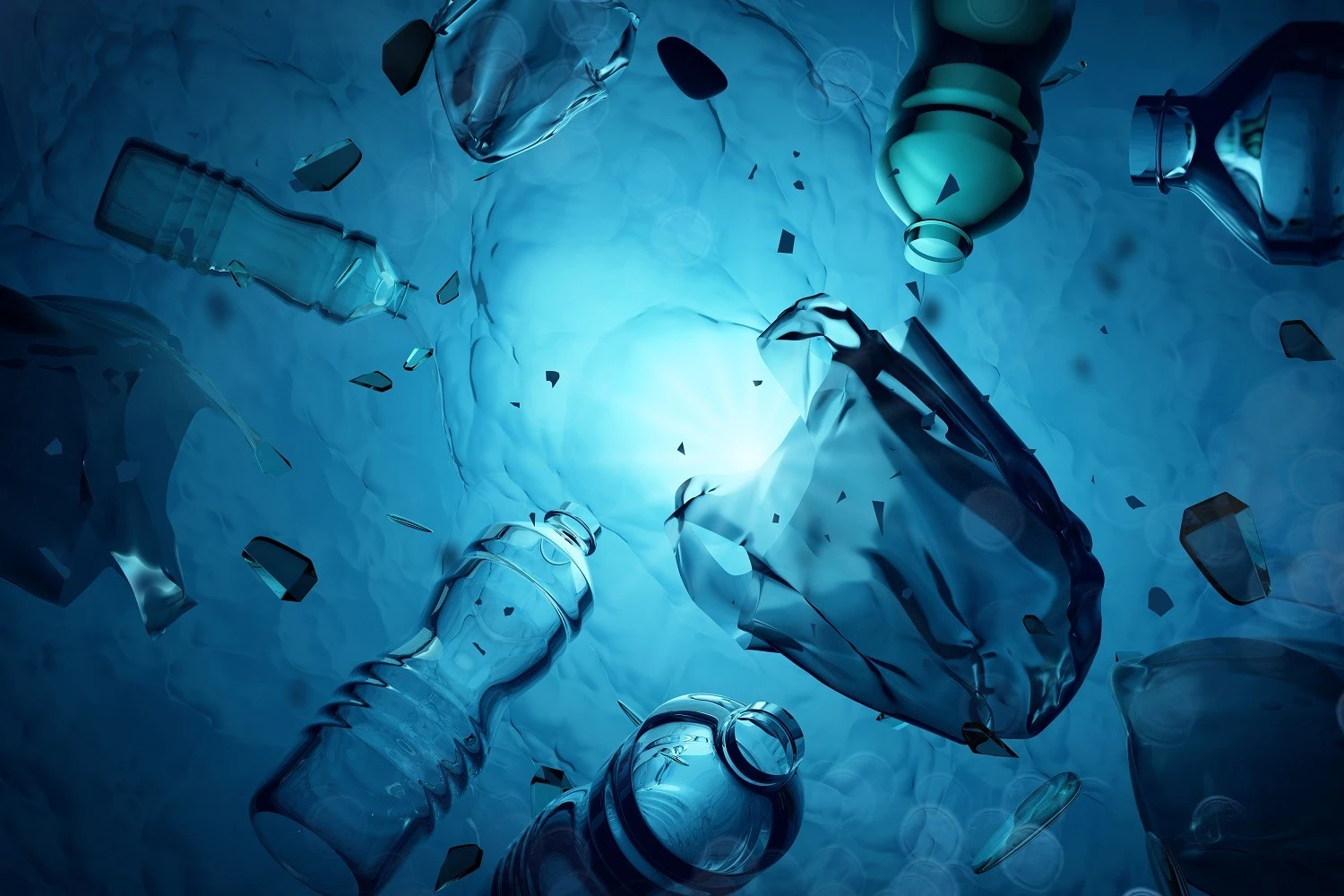Introduction
Plastic waste has become a significant environmental challenge globally, and India is no exception. The rapid urbanization and industrialization in the country have led to a surge in plastic consumption, contributing to severe waste management issues. This blog explores the challenges posed by plastic waste in India and highlights some of the innovative solutions being implemented to tackle this growing problem.
The Challenges of Plastic Waste in India
1. High Consumption and Poor Waste Management
India generates approximately 3.3 million metric tons of plastic waste annually. (Source: Researchgate ). The vast consumption of plastic products, from packaging materials to everyday items, has overwhelmed the existing waste management systems. Inefficient collection, segregation, and recycling practices have led to significant environmental pollution.
2. Environmental and Health Hazards
Improper disposal of plastic waste results in environmental degradation. Plastics clog waterways, harm marine life, and contaminate soil and water sources. Microplastics have infiltrated the food chain, posing serious health risks to humans and wildlife. Burning plastic waste releases toxic fumes, contributing to air pollution and respiratory issues.
3. Inadequate Recycling Infrastructure
India’s recycling infrastructure is underdeveloped, with only about 60% of plastic waste being collected and just 10% being recycled. Informal sectors, such as ragpickers and small-scale recyclers, play a crucial role but often lack access to advanced recycling technologies and face health risks due to poor working conditions.
4. Lack of Awareness and Policy Enforcement
Despite government regulations, such as the Plastic Waste Management Rules (2016), enforcement remains weak. Public awareness regarding the importance of reducing, reusing, and recycling plastics is limited. The lack of a comprehensive strategy and coordination among stakeholders further exacerbates the problem.

Innovations Addressing Plastic Waste
1. Plastic Roads
One of the most promising innovations is the construction of roads using plastic waste. Plastic roads are made by blending waste plastic with bitumen. This not only provides a solution for plastic waste but also results in more durable and weather-resistant roads. States like Tamil Nadu and Karnataka have already adopted this technology with notable success.
2. Eco-Friendly Alternatives
Several startups and organizations are developing biodegradable and compostable alternatives to conventional plastics. Products made from materials like cornstarch, sugarcane, and banana leaves are gaining popularity. These alternatives reduce the dependency on petroleum-based plastics and are environmentally friendly.
3. Extended Producer Responsibility (EPR)
The concept of EPR holds manufacturers accountable for the lifecycle of their plastic products. Companies are encouraged to develop sustainable packaging solutions and establish take-back programs for plastic waste. EPR policies aim to shift the responsibility of waste management from consumers to producers.

4. Plastic Bank Initiatives
Social enterprises like the Plastic Bank empower communities by turning plastic waste into currency. Individuals can collect and exchange plastic waste for money, goods, or services. This not only incentivizes waste collection but also provides economic opportunities for underprivileged communities.
Advanced Recycling Technologies: Innovations in recycling technologies, such as chemical recycling and pyrolysis, are being explored. Chemical recycling breaks down plastics into their original components, allowing for the production of new plastics without quality degradation. Pyrolysis converts plastic waste into fuel, offering a sustainable energy solution.
5. Public Awareness Campaigns
Government agencies, NGOs, and educational institutions are conducting awareness campaigns to educate the public about the environmental impact of plastic waste and the importance of sustainable practices. Initiatives like beach clean-ups, plastic-free events, and educational workshops are fostering a culture of responsibility and conservation.
Conclusion
The challenge of plastic waste in India is daunting, but the country is making significant strides in addressing this issue through innovative solutions and collaborative efforts. By improving waste management practices, investing in advanced recycling technologies, and promoting public awareness, India can pave the way towards a sustainable future free from plastic pollution. It requires a collective effort from the government, industry, and citizens to overcome the plastic waste crisis and ensure a cleaner, healthier environment for future generations.
For EPR-related enquiries, contact us www.mahabal.com
How to get started
If you would like to get a plastic waste management audit done, write to us at enquiry.meepl@gmail.com or contact us
